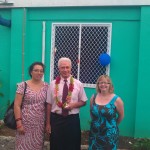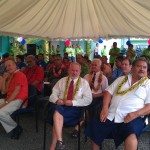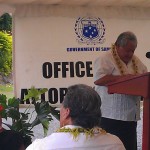Reference: 498389
Element: Centre of Excellence in Policing and Security
Work type: Fixed term (4.5 years)
Overview:
The Centre: The Australian Research Council (ARC) Centre of Excellence in Policing and Security (CEPS) was established in 2007 under the ARC Centre of Excellence special initiative to boost policing and security research capability in Australia. CEPS extensive network of industry and international partners provide a critical framework for researchers and students to undertake highly innovative, inter-disciplinary and collaborative research internationally and nationally, enriching the research and policy impact and outcomes of research. CEPS research leadership shapes policy and practice reform to strength the security and wellbeing of Australia.
The position is funded by an Australian Research Council Laureate Fellowship grant (2013-18). The ‘Prosecution Project’ provides an unparalleled opportunity to investigate the successes, failures and limits of the criminal trial in Australia from the colonial era to the post-war decades. Using the rich resources of Australian archives, it will provide enduring foundational knowledge of Australian criminal justice in its historical and international context. The research team conducting the project includes the Laureate Fellow, two Research Fellows, two PhD scholars, and other research support staff. The project team will also work closely with research partners in criminal justice and legal history within the Centre and with research collaborators in other universities in Australia and elsewhere. Continue reading



